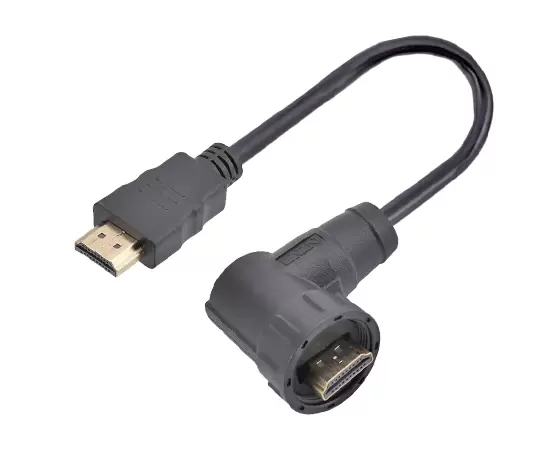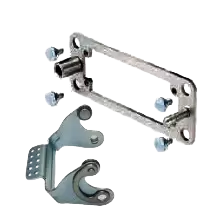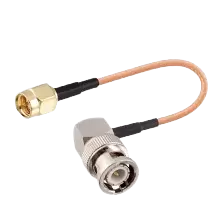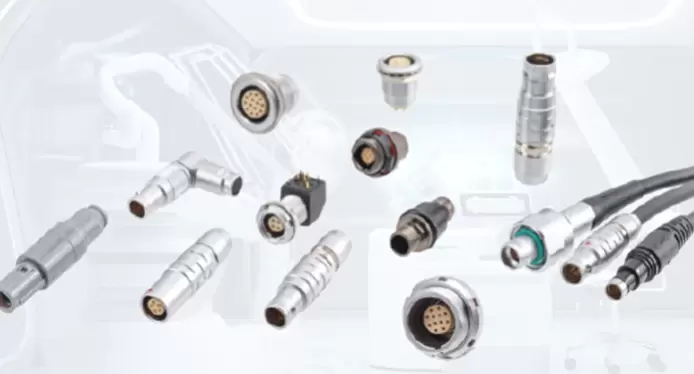Top 5 HDMI Connector Types and Their Common Applications
In today’s digital age, HDMI (High-Definition Multimedia Interface) has become the standard for transmitting high-quality audio and video signals between devices. From home theaters to industrial systems, HDMI connectors ensure reliable and seamless communication. However, not all HDMI connectors are the same. There are several types, each designed for different applications. In this article, we’ll explore the top 5 HDMI connector types and where they are commonly used.

1. Standard HDMI (Type A)
Overview:
The most widely used HDMI connector, Type A, is found in televisions, gaming consoles, Blu-ray players, and projectors. It features 19 pins and supports all modern HDMI functions, including 4K, HDR, and surround sound.
Applications:
Home entertainment systems
Gaming consoles (PlayStation, Xbox)
Laptops and desktop PCs
Projectors and monitors
2. Mini HDMI (Type C)
Overview:
Smaller than the standard HDMI, the Mini HDMI (Type C) is designed for portable devices. Despite its compact size, it delivers the same high-quality performance.
Applications:
Tablets and hybrid laptops
DSLR cameras
Portable monitors
Smaller multimedia devices
3. Micro HDMI (Type D)
Overview:
The Micro HDMI (Type D) is even smaller than the Mini HDMI, making it suitable for ultra-compact devices. With 19 pins like Type A, it still supports HD audio and video transmission.
Applications:
Smartphones (on some models)
Action cameras (like GoPro)
Ultra-compact tablets
Handheld gaming consoles
4. Automotive HDMI (Type E)
Overview:
Designed specifically for automotive environments, Type E features a robust design with a locking tab and protective shell to withstand vibration, dust, and temperature fluctuations.
Applications:
Car infotainment systems
Rear-seat entertainment displays
Vehicle navigation units
In-vehicle cameras and sensors
5. Dual-Link HDMI (Type B)
Overview:
Although rarely used today, Type B was created for very high-resolution displays and features 29 pins. With advancements in HDMI 2.0 and HDMI 2.1, Type B has become less common, but it remains relevant in niche professional applications.
Applications:
Early high-resolution monitors
Professional AV equipment
Specialized industrial display systems
HDMI Connectors in Industrial Applications
While HDMI connectors are widely known for consumer electronics, they also play a crucial role in industrial environments. HDMI is used to connect control panels, industrial displays, monitoring systems, and smart devices across industries such as wind power, high-speed rail, automotive manufacturing, intelligent transportation, and smart factories. These applications demand connectors that meet strict safety and performance standards.
A Trusted Source for Industrial Connectors
For industrial-grade reliability, working with a professional supplier is essential. CAZN Electronic is a leading enterprise specializing in industrial connection technology. Their products are widely applied in wind power generation, high-speed rail, automotive manufacturing, intelligent transportation, and smart manufacturing. By strictly following IEC, GB/T, and UL standards, CAZN has become a backbone of the industrial connector market, providing durable and compliant solutions for demanding environments.
Final Thoughts
Choosing the right HDMI connector type ensures that your devices function seamlessly, whether at home, in the office, or in industrial settings. From standard connectors for home entertainment to rugged automotive versions designed for cars, HDMI technology continues to adapt to modern needs.
For businesses seeking reliable industrial connectivity, CAZN Electronic provides solutions that combine quality, compliance, and innovation—helping industries achieve safe and efficient operations.









